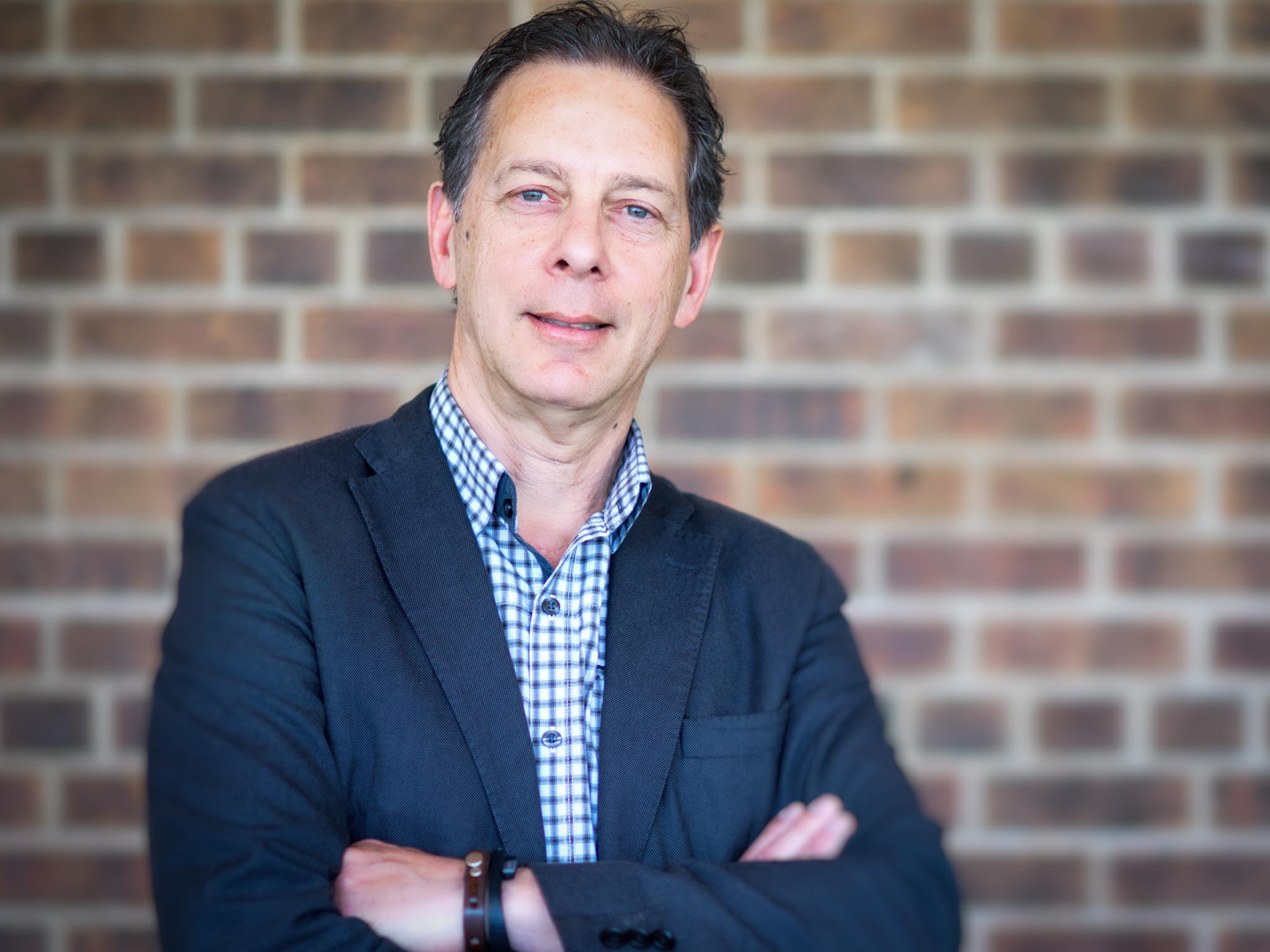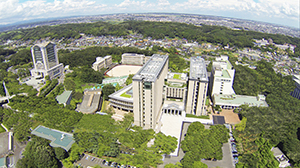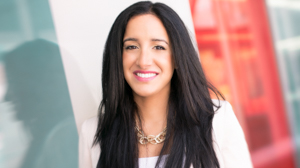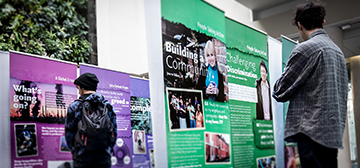- Future Students
- Current Students
- Faculty
- Staff
- Alumni
- Others
UofGH students present Study Abroad research in Seattle

A University of Guelph-Humber research project investigating the impact of Study Abroad on global citizenship identity provided a current UofGH student and a recent alumna with the opportunity to present their findings at a prestigious conference – and, appropriately, an international conference at that.
Family & Community Social Services alumna Brianna Cofield and fourth-year student Neve Connolly were research assistants to FCSS Program Head Dr. Paul Sherman in a study (supported by UofGH’s Research Grant Fund) that explored the relationship between Study Abroad experiential learning and student affinity with values and attitudes of global citizenship.
Their findings were significant enough that Cofield and Connolly were invited to give a poster presentation at the Association of American Colleges & Universities’ 2018 Global Engagement and Spaces of Practice conference in Seattle, while Dr. Sherman presented the research at Academics Without Borders' Reaching Across Borders, Building a Better World conference in Montreal.
For Cofield and Connolly, the presentation was a gratifying end to an educationally rewarding experience.
“Presenting the research in Seattle was amazing. It was wonderful to see all of our hard work come to life through the poster presentation,” Cofield said. “The conference gathered academics from all over who shared a passion for global learning. Being surrounded with so much knowledge, I was able to learn so much about what other institutions and organizations are doing in the field of global learning, and in turn was able to share with them the work we have been doing.
“It was a great experience to be able to present our research and findings at a global conference.”
How Study Abroad experiential learning shapes global citizenship identity
In approaching the study, four areas were targeted: global awareness; global citizenship identity; endorsement of prosocial values; and global citizenship engagement.
The study used a mixed-methods approach that spanned both semi-structured interviews and an online survey adapted from Reysen and Katzarska-Miller’s Global Citizen Scale. Dr. Sherman and his research assistants first administered the survey prior to students departing on their Study Abroad trips, and then again following their return. In all, the researchers conducted 27 interviews – divided between 17 UofGH students and 10 Humber College students – and a total of 65 students from the two schools completed both surveys.
As Dr. Sherman presented at the conference in Montreal – which was attended by senior leadership from educational institutions from around the world – their findings indicated evidence that students on Study Abroad positively embraced the notion of global citizenship, and this perspective was only strengthened during their Study Abroad experience. Further, the study indicated that Study Abroad students positively support a number of prosocial values, such as valuing diversity, empathy, and social justice, and this endorsement was again strengthened during their trips. Finally, the study found that although Study Abroad students were not necessarily inclined to participate in local global citizenship activities before their Study Abroad travel, that position “changed significantly” after their experiences abroad.
“Something happened on those trips abroad where students generally came to more strongly identify as global citizens, more strongly endorsed prosocial values, and significantly changed their views about intending to participate in global citizenship activities,” observed Dr. Sherman.
“For me, the most exciting outcome of this study was to find that Study Abroad students not only strengthened their global citizenship identity and prosocial attitudes, but that they also significantly changed their perception of the value of actually taking action as a global citizen,” he added.
“An important role of higher education is to help cultivate future leaders who will take action to positively change the world through whatever life path they have chosen. This research endorses the value of Study Abroad as an experiential learning platform that cultivates the emergence of global citizens as potential future leaders in positive social change.”
Discovering a taste for research
The research assistants’ roles primarily involved interviewing participants, transcribing and coding the interviews, and analyzing the data to observe themes.
“I learned a lot about the various positive outcomes for Study Abroad participants,” Connolly said. “Many students I interviewed shared that they feel more connected to other cultures, and feel compelled to help people, animals, and/or the environment.”
Neither Cofield nor Connolly had extensive experience in research prior to participating in this study, but both are now motivated to continue pursuing research projects.
“Being a research assistant was one of the most educational experiences I had throughout my undergrad,” Cofield said. “By participating in this study with Paul, I learned more about qualitative research and how to use a mixed method approach. Additionally, I learned how to use the MAXQDA software to code segments of the interviews and pull out reoccurring themes.
“Overall, I was able to gain a greater understanding of how research is conducted, and was able to see the project all the way through.”
In Connolly’s case, she has already jumped into a new research project for another UofGH professor, while also joining Dr. Sherman’s Soka Education Research Initiative on Global Citizenship (SERI-GC).
“I never really considered doing research until Paul advertised this project and was looking for research assistants,” Connolly explained. “I was interested in the topic and decided to give it a try. Then it inspired me to do more.”
Cofield likewise feels that research will continue to be an important part of her professional life.
“Moving into a career in the social service sector I definitely see research as a key component of my future,” she said. “This opportunity allowed me to see the important role research plays not only in displaying data but bringing together groups of people with shared passions.
“Working as a research assistant during my undergrad allowed me to see that research is more than just a bunch of numbers or graphs, but a shared experience of individuals seeking knowledge to improve areas they are passionate about.”







